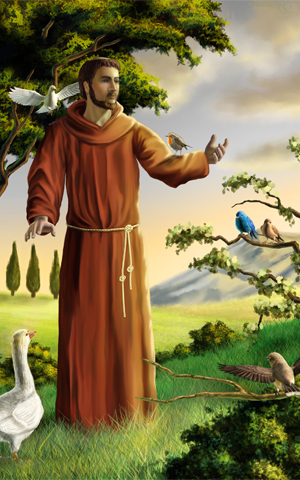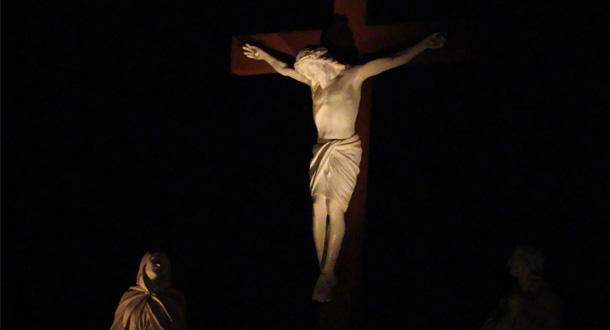 Scripture:
Scripture:
Reflection:
Jonah, Prophet and History Teacher
The Old Testament daily readings this year (an uneven year, 2019) show God’s love enfolding the chosen people as it unfolds in their history. Next year, (an even year, 2020) the prophets are prominent and we will hear the challenge of justice and faithfulness asked of Israel as they live their covenant with God.
We approach the end of Israel’s Biblical history. We have been reading of the return of Israel from Babylon and the rebuilding of the temple. Cyrus the king of the Persia conquers the Babylonians. To protect his kingdom he will cultivate good relationships with the small countries around him creating a first line of defense. Israel sees God’s hand at work in this, they are free and this is a great moment in their history. But….
But all that glitters is not gold. Not all the Jews in Babylon wanted to return. Those who did were not welcomed, they had to guard the ruins of Jerusalem where they lived for fear of attacks. Their lands were in the hands of new people, foreigners had moved in to fill the vacuum of the exile. Rebuilding a temple and a city would not be quick nor an easy job. The people were discouraged and almost defeated. In the end and with hard work and suffering the temple was rededicated.
In the history of Israel, the return from Babylon marks a new direction for the Jewish community. It will become strict, more rituals and laws appear, it separates itself from outsiders, as in the prohibition of marriage outside the faith. It is the beginning of the period of history that will include the life of Jesus.
The book of Jonah is a rebellious writing from this period. It attacks an approach that closes Israel to the nations. Jonah would say that Israel is the light of the nations, or echo Zechariah whom we read last week, “days will come when ten men of every nationality shall take hold, yes, take hold of every Jew by the edge of his garment and say, ‘Let us go with you, for we have heard that God is with you.’” Jonah is saying, don’t hide, don’t be defensive. Let us go where God boldly sends us.
The prophet Jonah asks Israel to see where they are going. The reverence of the pagans outshines Jonah. They are startled that he does not do what his God asks. In the end Jonah cannot fathom the gift of merciful love that Israel has continually encountered.
Our most familiar prayer is Luke’s gospel today, Our Father. God is our origin, our history. Today we can stand with Old Testament Israel and be challenged by what we may overlook: may the kingdom come as we empty our hands of lesser things to welcome it; give us the bread that our hands may share it; you forgive us, may we forgive; may we know your care and loudly write it into each of our histories.
Fr. William Murphy, CP is the pastor of Immaculate Conception parish in Jamaica, New York.

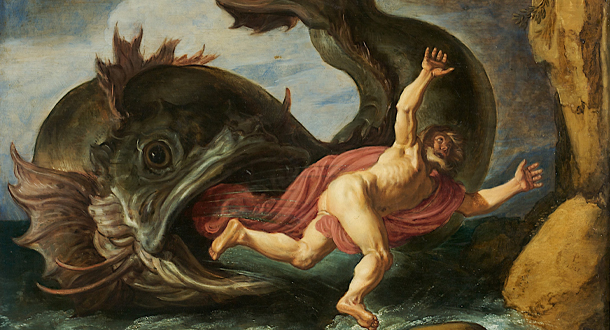 Scripture:
Scripture: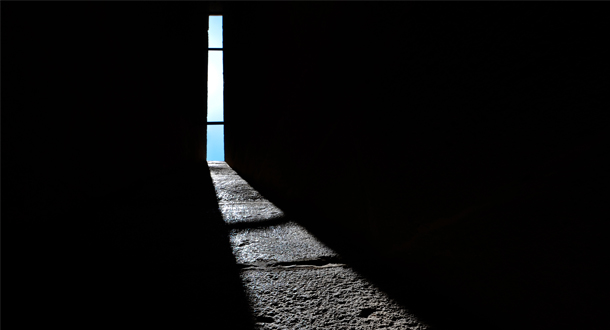 Scripture:
Scripture: Scripture:
Scripture: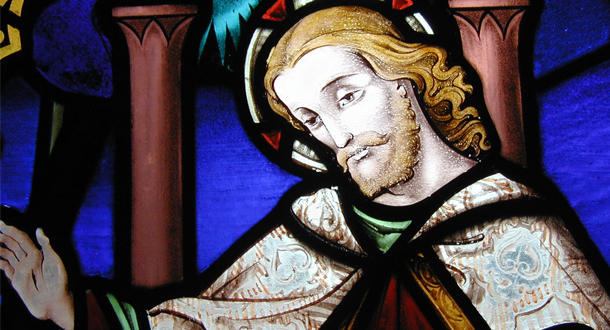 Scripture:
Scripture: